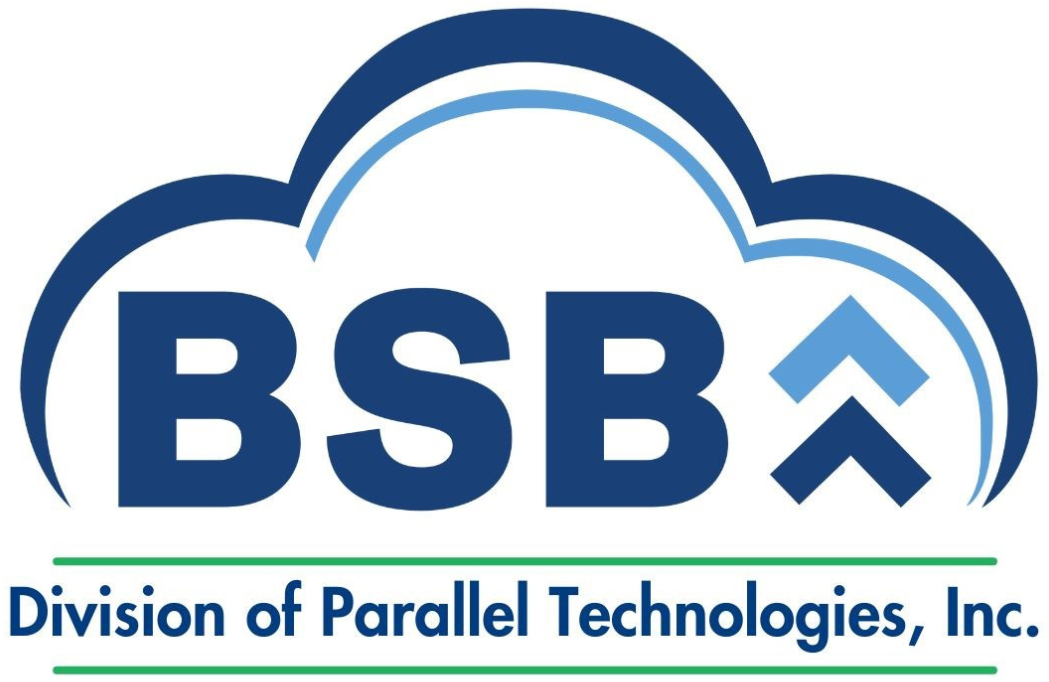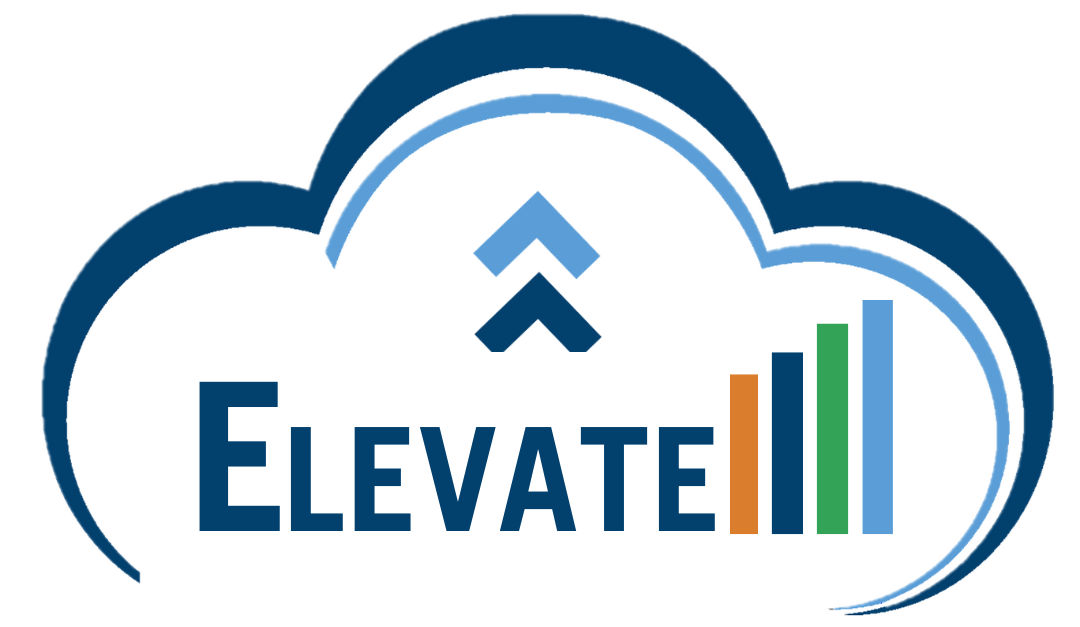Mitel Options for Telecommuting
The Coronavirus (COVID-19) pandemic has triggered a spike in inquiries from our clients regarding their options for enabling employees to work from home/remotely.
Generally, the Mitel solutions being utilized by our clients today offer a few options; including Call Forwarding, Twinning, Teleworker IP phones, Mobile and/or PC Softphones.
Internet usage will be experiencing increased demand which may result in bandwidth issues (i.e., internet service provider’s capacity) that may impact voice quality on calls routed through home internet connections utilized by Teleworking and Softphones.
The following is a brief definition of each option*:
Station Call Forwarding: The easiest method for ensuring that inbound phone calls are routed to your employees is to forward calls for an extension to an outside number (e.g., cell phone or home number).
- Pro:
- Doesn’t require any special licensing or hardware.
- Con:
- Only addresses inbound calls. Outbound calls would need to be made from the cell or home phone.
- There are limitations relative to call forwarding of calls directed to an ACD, Hunt Group and Ring Group.
- The inbound call utilizes two of the organization’s carrier trunks; one for the original inbound call and one to forward it to the outside line.Caller ID of original calling party will not pass through to the outside number.
- If the outside line is busy/unanswered, the caller will end up in the outside (cell phone) voice mail.
Extension Twinning: Mobile Twinning allows incoming calls to your desk phone extension to ring simultaneously to your mobile phone.
- Pro:
- Doesn’t require any special licensing or hardware (but it does require programming of the phone system).
- In most cases, the Caller ID of original calling party will be passed through to the outside line.
- Busy/unanswered calls will route to the Mitel voice mail and will be routed accordingly (e.g., to email).
- Con:
- Only addresses inbound calls. Outbound calls would need to be made from the cell or home phone.
- There are limitations relative to twinning of calls directed to an ACD, Hunt Group and Ring Group.
- The inbound call utilizes two of the organization’s carrier trunks.
Teleworker: A Teleworker license enables employees to work remotely with a desktop IP phone/handset that provides full access to transfer capability, voice mail, message waiting, conferencing, and other features of the office phone system. Teleworking may require modifications to current firewall settings.
- Pro:
- Provides employees with the ability to utilize the desktop IP phone that they are accustomed to using.
- All capabilities of the phone system remain available to your users. Outbound calls are routed through the phone system and thus display your organization’s Caller ID.
- Con:
- May require additional licensing and either an ethernet power adapter or a wireless LAN adapter for the desktop IP phone. IP phones need to be programmed to use the public IP address(es) of the phone system.
- May require additional IP phones or relocation of existing phones. If you do not already have the power source needed for the IP phones, this may not be an option as there has been a “run” on these devices. Check with BSB regarding availability.
Softphone: Utilizes a Mitel software application that runs on a mobile device, tablet or computer that enables the device to function as a phone/extension on the Mitel phone system. Typically, clients use a headset compatible with their device. Softphones may require modifications to current firewall settings.
- Pro:
- All capabilities of the phone system remain available to your users. Outbound calls are routed through the phone system and thus display your organization’s Caller ID.
- Con:
- May require additional licensing and a device to run the softphone on.
- Configuring a softphone to operate is device dependent and performance may be impacted by the device’s specifications and other applications running on the device.
*The above represent general guidelines regarding options available to our clients. The version of Mitel software running within an organization may impact their options.
Ordinarily, we would also be working with you to address the 911 implications associated with these telecommuting solutions. Due to the volume of requests we are dealing with, BSB will not be in a position to do so. Depending upon the duration of your usage of a telecommuting solution, you should plan on addressing your obligations in this regard as time permits. In the meantime, you should be advising any telecommuting employees to NOT use their company IP phone or Softphone to dial 911.
BSB will be utilizing telecommuting as appropriate to ensure our staff remains available to support our clients during this pandemic. Please contact us to discuss your options. We will be posting additional information and updates to our website. Please check there for further updated information.


